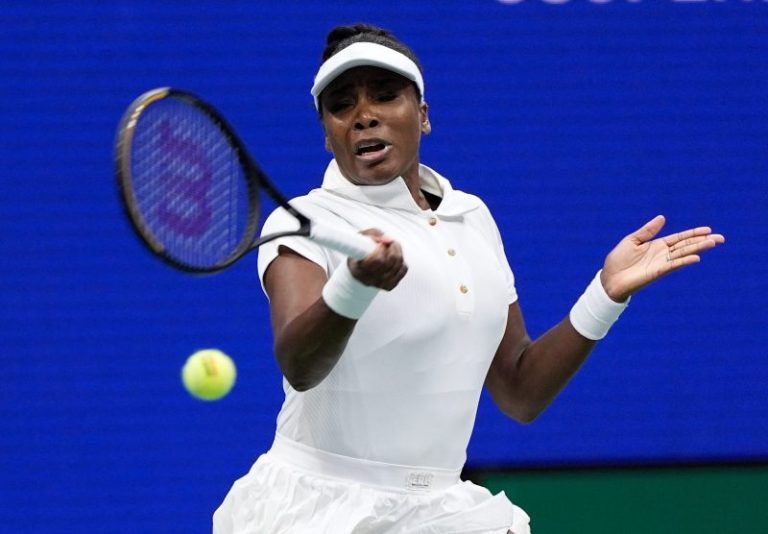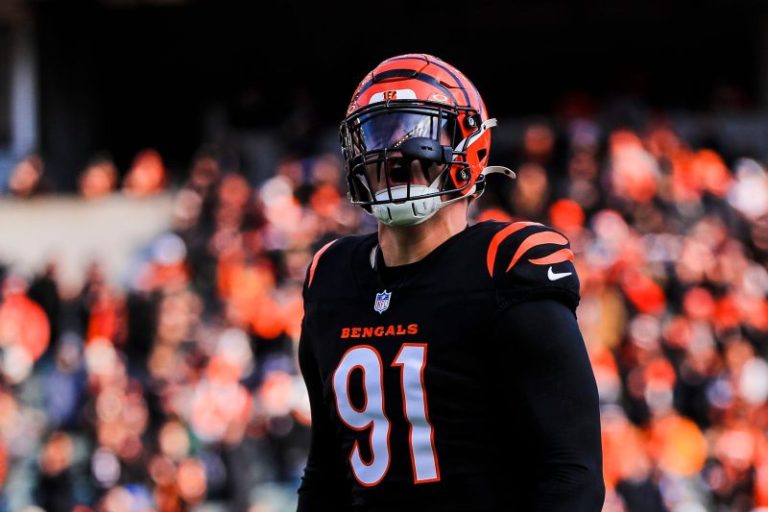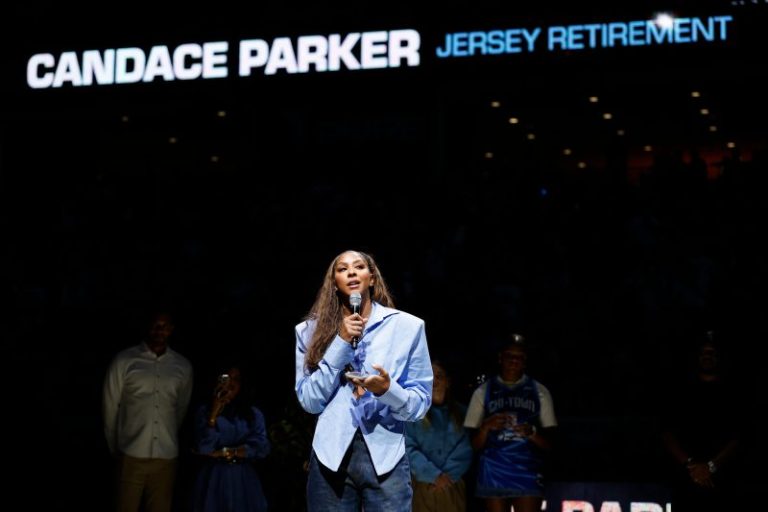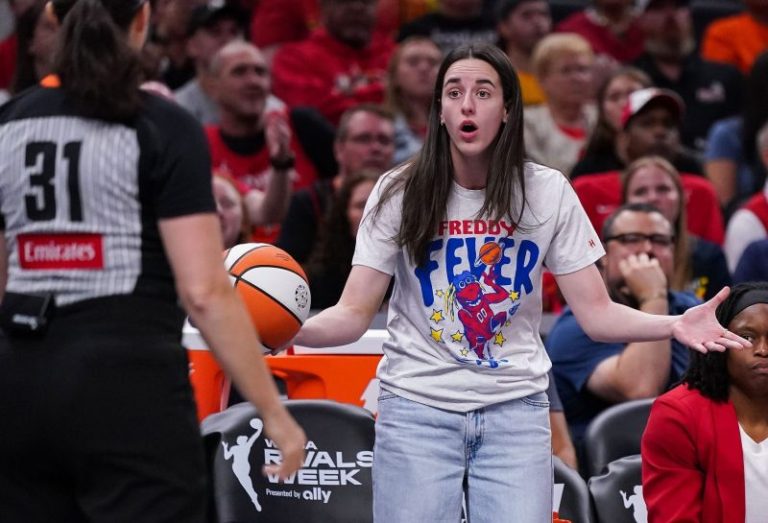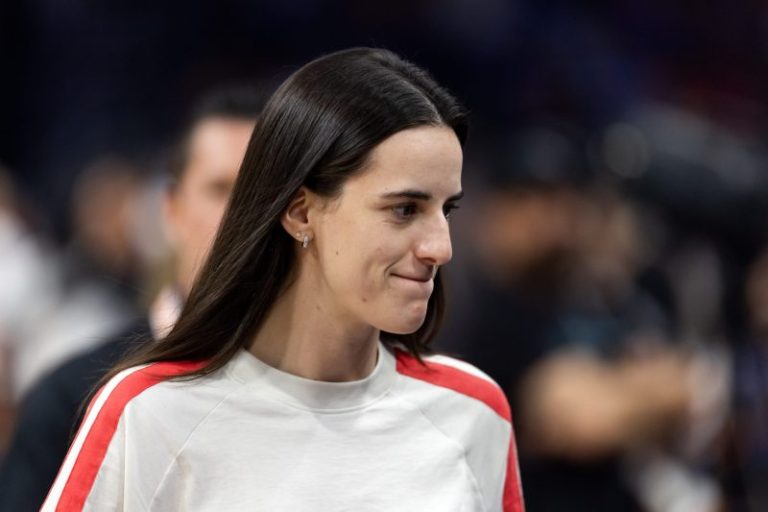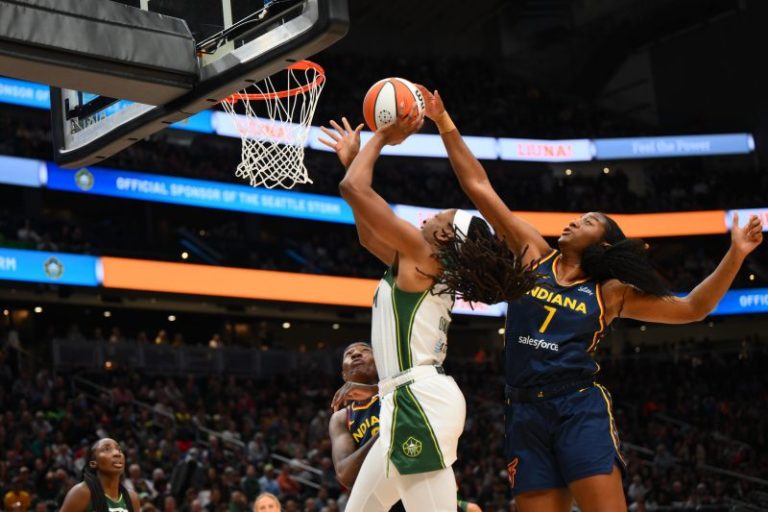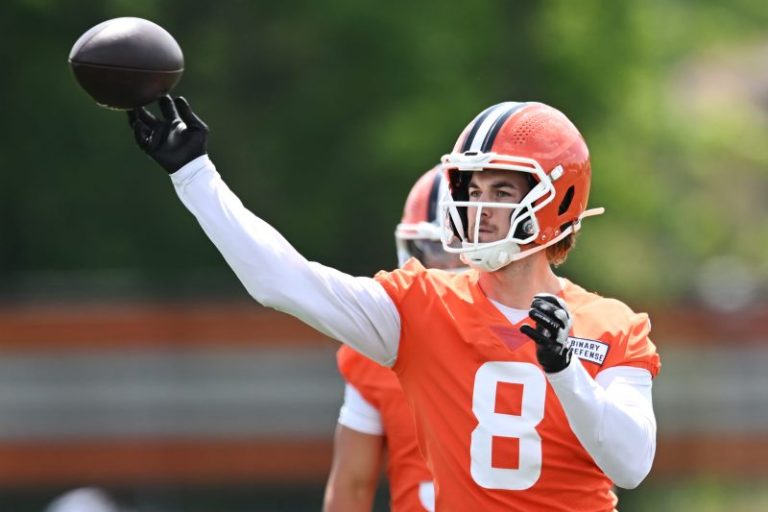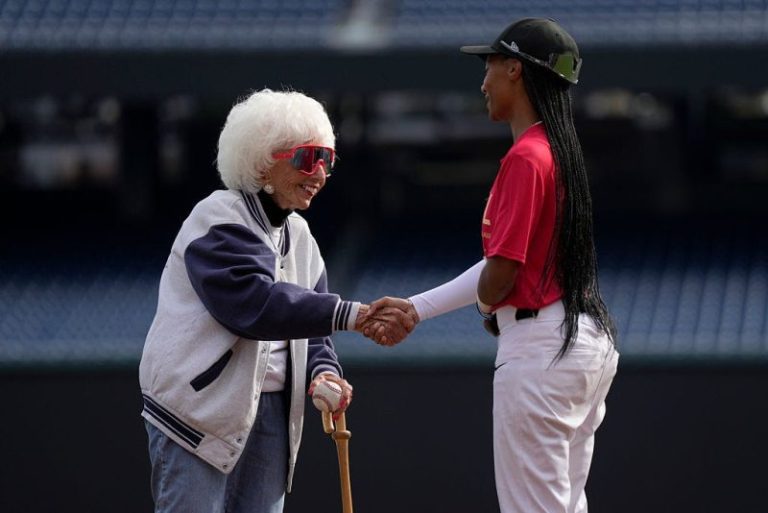Four days of tryouts for the inaugural season of the Women’s Professional Baseball League drew to a close with a pair of scrimmages Aug. 25.
The league will announce the half dozen teams competing at one to three fixed sites next month.
The inaugural draft, for which these women were trying out, will be held in October.
WASHINGTON – As four days of tryouts for the inaugural season of the Women’s Professional Baseball League drew to a close with a pair of scrimmages Aug. 25, Maybelle Blair remained awestruck by what she was witnessing.
Now 98, Blair remains tack-sharp and retains the fighting spirit it took to play in the World War II-era All-American Girls Professional Baseball League – along with the ability, still, to bridge generations.
As dozens of women waited to take the field under a gorgeous morning sky at Nationals Park, here was Blair, throwing out the first pitch to Mo’Ne Davis, the 25-year-old former Little League World Series star who saw the arc of women’s sports come all the way around to create a league to house her unique athletic abilities.
They’re separated by nearly 75 years, yet on this day, very much connected.
“I never ever in my whole life figured we would have another league of our own,” Blair said, referencing the 1992 movie that chronicled the, at that time, largely forgotten AAGPL.
“I’m re-living my life through these girls. The good old boys in baseball always wanted to keep baseball for the boys. ‘You should play softball No, we shouldn’t. We should play baseball.
“I’m still on this side of the grass to witness it.”
Blair could have scarcely imagined the modern trappings and the access to the game the hundreds of women enjoyed. Baserunning oven mitts and arm guards, catchers in a one-knee-down stance, pitchers using the most modern techniques to workshop pitches and increase velocity – this generation has lived through much of the game’s revolution.
It’s just that now, at a booming time for women’s sports, there’s an outlet for their skills.
It is coming quickly: The Women’s Professional Baseball League will announce the half dozen teams competing at one to three fixed sites next month. The inaugural draft, for which these women were trying out, will be held in October.
And in May, the league will launch, a pinch-me moment for players accustomed to playing with men or getting shuttled to other sports.
“The WPBL is here,” league co-founder Justine Siegal said in addressing the players. “It’s now. And it’s never leaving.”
‘This is an incredible moment’
To be certain, the league does not have the backbone of a parent league like the WNBA-NBA relationship, nor the network television access NBC provided the W at the outset. Yet it does have eyes on a model for growth and penetrating the attention economy.
The league has a partnership with Fremantle, the production and distribution company behind America’s Got Talent, American Idol and dozens of other original content vehicles. The company is producing a docuseries but perhaps more important, will be responsible for content distribution.
“This is an incredible moment,” says league co-founder Keith Stein, a Canadian baseball executive. “I think the stock of women’s sports leagues has way more upside. And we can build a league that’s designed, that’s tailored for this type of climate, this social media world we live in.
“Linear TV has changed, the whole media landscape has changed. So, we don’t have to try to fit a square peg into a round hole.
And that’s why we’re thinking a lot about innovations we can implement in the game itself to make it more compelling to fans, and more compelling for the media world we live in.”
Of course, compelling will have to come from the players.
‘A moment that gave me chills’
Kelsie Whitmore has seen just about every dimension of the bat-ball sports world – from high school baseball to college softball to Women’s World Cup International competition to independent pro ball against former major leaguers.
Now, she’s one of three current members of the barnstorming Savannah Bananas playing in the WPBL. And after years of playing with men, trying to find a catch partner or a person to split a meal with or sit near on the bus, the scope of this experience dawned on her this weekend.
She and several other players were going out to dinner Sunday when it dawned on her: They were pro ballplayers going to socialize with each other.
“It was a moment that gave me chills,” says Whitmore. “Being a woman in a male environment, trying to make conversation. The little things like that mean a lot. It brings freedom. It allows you to feel so free with yourself.”
And the competition this past weekend was eye-opening for another reason. Whitmore has played for the U.S. Women’s National Team since she was in high school, and invariably the countries claiming medals will be Japan (which has won the last seven championships), Canada and Team USA.
Yet Monday, Whitmore and longtime Canadian rival pitchers Jaida Lee and Alli Schroder, and Japanese legend Ayami Sato?
They were all on one field, playing for the same team, in a sense, even as they’ll be divvied up and distributed among a half-dozen teams. The uptick in the level of play was undeniable: Ninety feet between the bases shrank easily, fastballs from 60 feet hummed and curveballs landed with aplomb. Every throw from deep short made with ease, and a few balls found homes in Nationals Park’s gaps.
While not every elite player found their way to tryouts, these were truly the best players in the world.
“The word integration – that is huge,” says Whitmore, who pitched two scoreless innings in the early scrimmage. “I was just now realizing yesterday – someone was like, ‘How does it feel to be in a women’s baseball integrated league?’
“I love it. I love that we’re having so many backgrounds, girls from other countries. It gives me chills. It doesn’t matter who you are or where you come from – you belong in the game.”
Davis is far removed from the 2014 Little League World Series, where she threw a shutout and became a national icon, appearing on the cover of Sports Illustrated and becoming the subject of Spike Lee documentary.
She continued her basketball career, played collegiate softball at Hampton and went on to earn a graduate degree at Columbia. Competitive sports were in her past, baseball a distant memory.
Yet her competitive itch needed to be scratched, and she found that via flag football. And then, the WPBL opportunity came along.
In the decade since Davis dazzled the country, the women’s baseball ecosystem has gradually been growing. And so when Davis arrived for the league’s tryouts, she wondered how she’d be greeted in this new world.
“These last four days are some of the most fun I’ve had,” says Davis. “The women here are incredible. They’re very approachable. The first two people I met just came up and just started talking to me. Kind of felt right at home. This is my first time playing baseball with just women. The energy is great, no matter what’s going on.
“Hearing a lot of women say, this has been my dream, definitely touched my heart. Hearing them say they watched me and I inspired them – I was just out there playing a game.”
Davis’s learning curve was more apparent on the field. Facing 36-year-old Meggie Meidlinger, the 6-2 USWNT vet who won a gold medal in 2006, Davis faced a curveball the likes of which she probably had never seen and was caught looking for strike three.
Yet she is out here, and realizes the totality of what she represents.
“I never wanted to have a regret of not trying,” she says. “It means a lot that girls like me can have a future in the sport. Even on the men’s side, there’s not many African American men playing.
“It really shows that whatever you put your mind to, you have the opportunity.”
From the ground floor up
Now, she is on the ground floor of a league with a dizzying build-out the past few days. Nationals Park might be the biggest venue they play in for a while, as the league aims to right-size its fixed venues while constructing a fan base.
Regardless, the weekend was an emotional one for the league’s stakeholders. Siegal founded Baseball For All more than a decade ago and has seen it grow to more than 600 youth players for its annual national tournament – one Maybelle Blair says she’ll never miss “as long as I’m on this side of the dirt.”
The league soon will add to its front office and has lined up celebrity ambassadors for its launch. Growing pains are inevitable, but for this moment, Siegal and the players on the field were more than enough.
“I no longer feel alone,” says Siegal. “Now, we’re going to build.”
This post appeared first on USA TODAY

